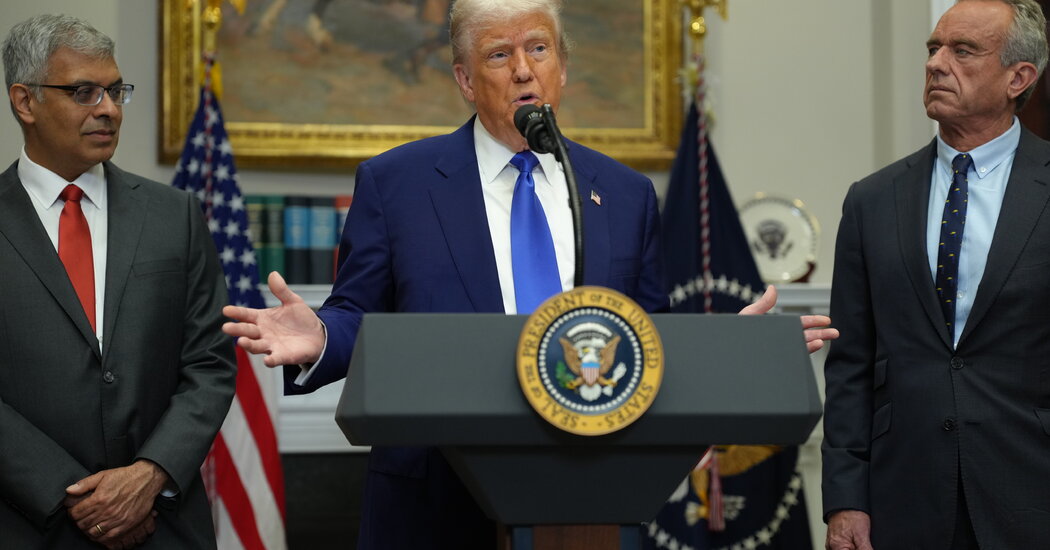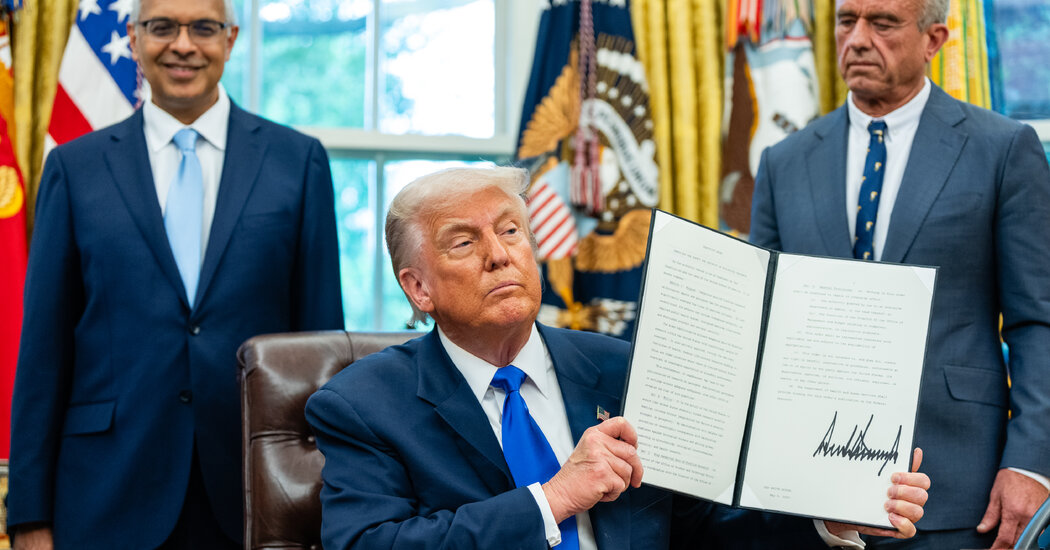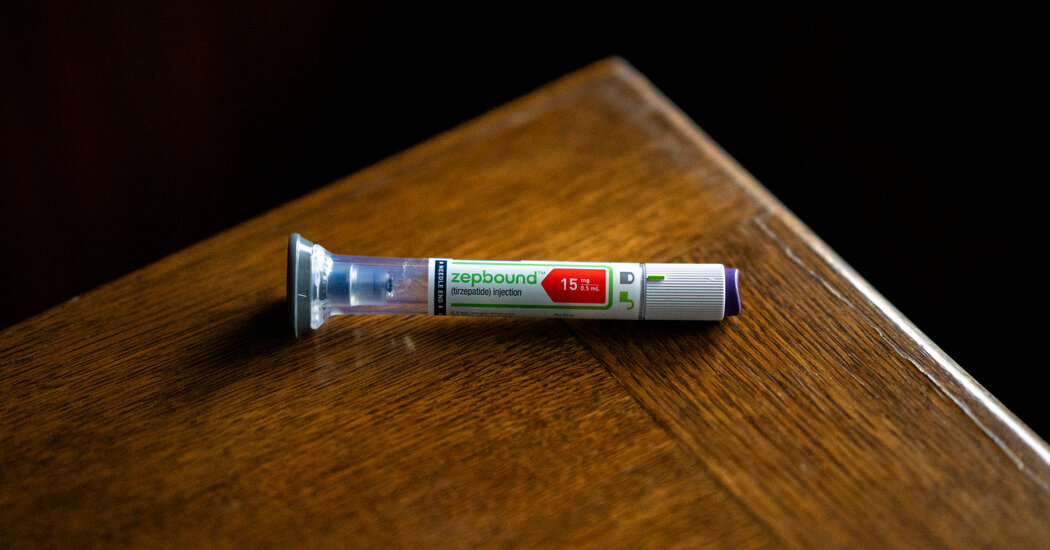2 days agoShareSaveRuth CleggHealth and wellbeing reporterShareSaveBBCSymone has been using weight loss injections for nearly a year. She says they have done what the diet industry could never do for her – free her from a life controlled by food.From a very young age, the 34-year-old could not switch off the constant noise in her head. When would her next meal come? What would it be? Would there be enough for her?”The food noise was just so loud, it could be unbearable,” she says. “I have tried every single diet going – I’ve done Atkins, eating clean, SlimFast, Slimming World, meal-replacement shakes – you name it – I’ve done it and none of them worked for me.”Several years ago, weighing 16st (102kg), she was one of the many millions who signed up to WeightWatchers, downloading the app and meticulously following its points plan, scanning in everything she ate and staying within her daily points budget.WeightWatchers attributes points to food and drink, stating that it uses a “groundbreaking algorithm” to assess their nutritional makeup and then uses a point system to inform its members which food is better to eat.But after a few weeks, Symone says she started to feel like she was being set up to fail.”How could I lose weight long term if I had to follow this mad points system? Food is not measured in points – it’s measured in calories, fat, macro nutrients.”I felt trapped, and the more research I did, the more I educated myself, the more I thought this is not for me.”The only thing that has ever worked in her quest to lose weight, she says, is weight loss injection Mounjaro, which she started using nearly a year ago.”I was at my heaviest, just over 21 stone, and the doctor told me I was pre-diabetic. I knew something had to change – I’ve got two children who depend on me too.”She was advised to start on the weight loss medication but with a two-year wait, she decided to buy it privately online and within just a few days, she was crying with relief.”I couldn’t believe that I had control over food. For the first time, I wasn’t panicking about when I would next eat.”Weight loss jabs work by mimicking a hormone called glucagon-like peptide-1 (GLP-1), which suppresses people’s appetites and makes them feel full.Symone has now lost 4st 7lb (26kg) and is losing weight gradually, documenting her experiences on social media.”I don’t want a quick fix,” she says, “I’m using weight loss injections to give me the control I never had.”Lost a million membersFor many, weight loss jabs can produce rapid results, but some experts are concerned about the meteoric rise in their popularity and how people will be affected by them long term – both physically and mentally.At its peak, WeightWatchers was seen as being synonymous with safe and controlled weight loss. With 4.5million subscribers globally, its workshops were held in most towns, on most high streets, popping up in local church halls – they were everywhere.Now, after dominating the diet industry for more than half a century, it has lost more than a million members and filed for bankruptcy, struggling to compete in a market transformed by social media influencers and weight loss injections.The company has stressed that it is not going out of business and that filing for bankruptcy will help it resolve its debt of $1.25bn (£860m).In a statement, the brand says its weight loss programme (which also includes its own brand of weight loss jabs) and weight loss workshops will continue.The company says it has been the brand with the most scientific backing in the diet industry for over 60 years, and that there have been more than 180 published studies showing the effectiveness of its approach.WeightWatchers says it uses an “holistic model of care” to support “the whole person” with “access to obesity-trained clinicians and registered dietitians”.It is also one of several companies GPs can use for weight loss referrals, with the NHS paying for patients to attend weekly meetings in the community.”It’s no longer about calorie control and diets,” Deanne Jade, clinical director of the National Centre for Eating Disorders, told the BBC.”There’s a new movement out there and it’s all about wellbeing.”People like to move in tribes – it used to be the WeightWatchers tribe, counting points and calories, now millions follow different ways to lose weight or be healthy through social media influencers, through weight loss drugs, and they’re forming new tribes.”She is not convinced that medication will be the answer that so many are looking for.”None of these pharmaceutical interventions protect people from regaining the weight when they stop injecting.”She believes they are not a quick fix, and that the best way to effectively lose weight and keep it off is to understand the psychological reasons behind overeating.ReutersMore holistic approachDr Joanne Silver, lead psychologist at the London-based eating disorder clinic, Orri, agrees. She says the weight loss injections “completely silence what the body is asking for”, which is counterintuitive to understanding what the body needs.”People can binge eat because of psychological reasons – they can use food to manage their emotions, to soothe themselves.”Eating disorders are not just about food.”Food and nutrition have become just one part of a more holistic approach so many are now adopting when it comes to their overall wellbeing.Jennifer Pybis, a fitness coach based in Liverpool, works with clients both online and in person. She says achieving a healthy lifestyle is not just about hitting a target weight.”I encourage the women I work with to consider lots of ways to measure their progress rather than just jumping on the scales.”Thinking about how they feel, comparing photographs of themselves to see how their bodies have changed shape, how their sleep is, their resting heart rate, their improvements in the gym – all of that is so important.”Jennifer PybisThe diet industry might be transforming but there are many who still prefer the more traditional model of sitting together and sharing their experiences, supporting others in their community to lose weight.In a small church hall in Winsford, Cheshire, a group of women are waiting patiently to get on the scales.Muttering and good-natured laughter can be heard as they share their latest weights with each other.”I’ve put on a pound! I did have a little bit – well maybe a lot – of wine at the weekend.””Why didn’t you have gin?” another one asks, “it’s only 55 calories a shot!”They’re here for their weekly check-in at the BeeWeighed slimming group. Some of the women have lost several pounds, others have a put on a pound or two, but overall, since joining the class, they have all lost weight.They are learning about how to eat in moderation, how to exercise safely and how to feel good about themselves.At first glance, it could be a WeightWatchers class – women meeting up to share their stories of weight loss and support each other – but there are crucial differences, says BeeWeighed owner and founder Lynda Leadbetter.She was a group leader for WeightWatchers for 18 years but left to set up her own group in 2018.”I think WeightWatchers did provide something different and something hopeful for so many women but I think it has lost its way,” she says.”I teach nutrition, I educate, I don’t sell anything extra. I feel WeightWatchers became about selling extra products, it was always about pushing those extra sales, and not about supporting people to lose weight properly.”She’s sceptical about the effectiveness of weight loss medications, and some members who have turned to the likes of Ozempic and WeGovy have left her groups, but many have stayed – continuing to attend the meetings for support while using weight loss injections.Kathryn Brady, 38, has been a member of BeeWeighed since 2023, and in that time, she’s lost over three stone. But with her wedding in a matter of weeks, the burlesque dancer has started to take Mounjaro to lose weight more rapidly.It’s not quite worked out as she had hoped.”I’ve been on Mounjaro for over a month now, and while I lost 6lb in the first week or so, I’ve put half of that back on.”Having absolutely no appetite for two weeks was really weird and I’m paying a lot of money to not lose that much weight.”She’s going to keep on using it, but she’s not completely sold yet.”Even if I continue with the skinny jab, I’ll still attend BeeWeighed, having others there supporting me keeps me going.”More on this story
Read more →





